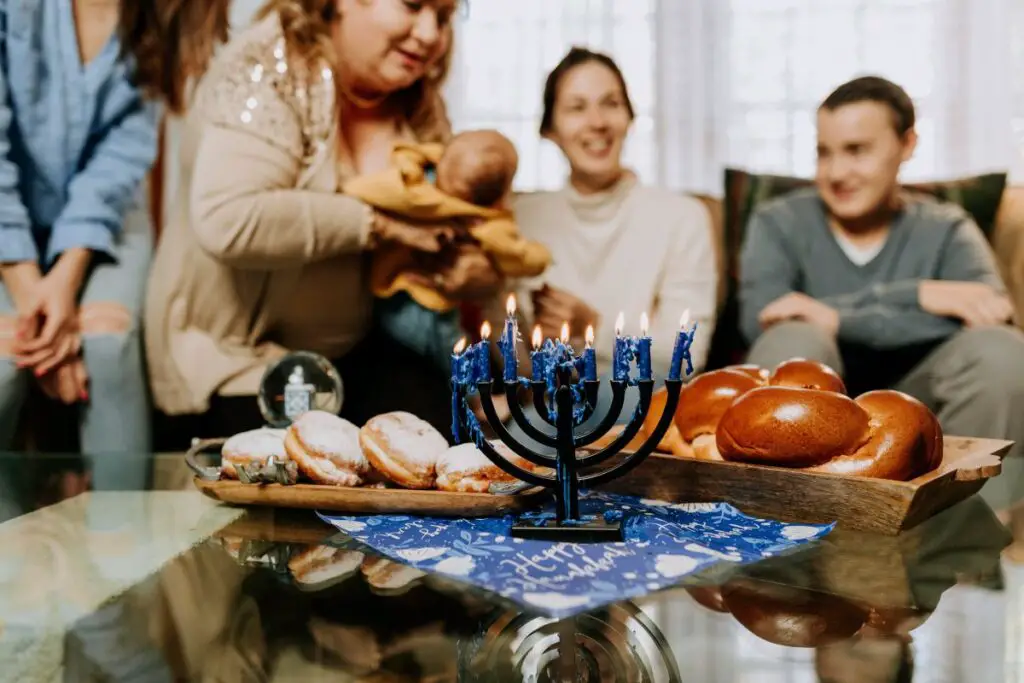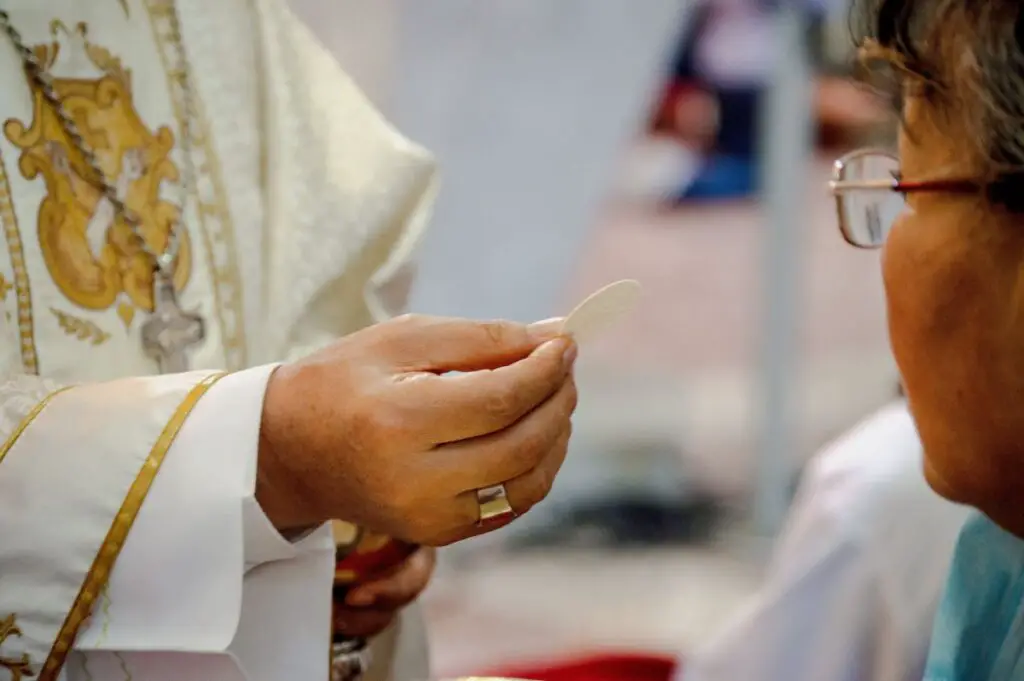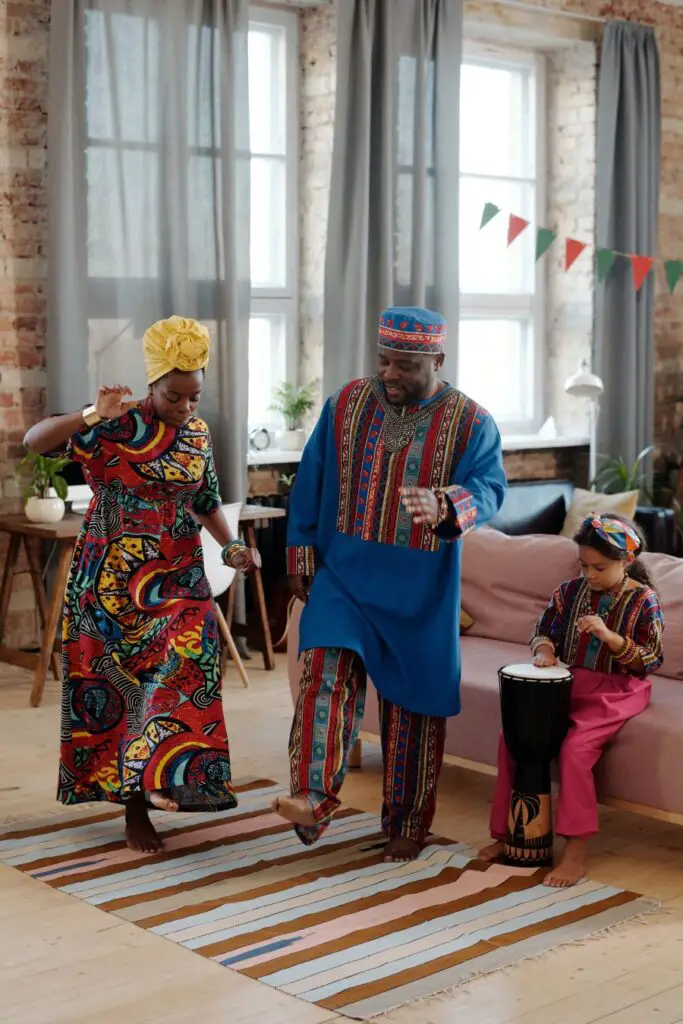Heartwarming Ways of Respecting Others' Religious Holidays and Traditions
The holiday season is a popular time of year for everyone around the world, but each place and culture has its own religious holidays and traditions. Respecting others with their way of celebrating is something that we all should be mindful of.
 While we can and should celebrate our own beliefs and traditions, we should also be also be accepting of other cultures and their beliefs and traditions as well. Accepting people who celebrate and honor different religious holidays and respecting others as individuals is something that should go both ways, as respect should be mutual.
While we can and should celebrate our own beliefs and traditions, we should also be also be accepting of other cultures and their beliefs and traditions as well. Accepting people who celebrate and honor different religious holidays and respecting others as individuals is something that should go both ways, as respect should be mutual.
It’s the same belief we promote when respecting differences when it comes to neurotypical individuals vs. ones who are neurodiverse.
The world is big enough for us all!
The holiday season in particular presents both challenges and opportunities for the autistic community. Many of the most popular seasonal traditions involve sensory elements like bright lights, noisy crowds, unfamiliar foods, and strong scents—all of which can be intensely overwhelming.
It’s understandable that some autistic people choose to avoid certain holiday festivities altogether for self-preservation.
Examples of holiday celebrations around the world include these varied religious and celebration events (this is not an all-inclusive list, by the way):
- Diwali or Deepavali (also known as The Festival of Lights), is celebrated by more than a billion people around the world. It’s a five-day festival that celebrates good prevailing over evil and the triumph of light over darkness.
- Christmas markets are celebrated across Germany and other European countries as well. Each large city holds outdoor markets at night, known as Weihnachtsmarkt or Christkindlmarkt for weeks leading up to Christmas.
- Lucia Day/Festival across Sweden and Italy celebrates St. Lucy on Dec. 13. The Italian Christian died in the early 4th century after being killed for keeping her faith and who brought food to Christians hiding in the Roman catacombs.
- Boxing Day is celebrated by many countries with ties to the British Empire. It is held the day after Christmas and the name comes from the centuries-old tradition of handing out boxes of money or small gifts to thank employees and those in the service industry.
Currently, it is one of the biggest shopping days of the year, and is compared to the U.S. Black Friday sales event the day after Thanksgiving.
- The eight-day celebration of Hanukkah is a Jewish religious holiday that commemorates the rededication of the Holy Second Temple in Jerusalem. Hanukkah, or Chanukah, means “dedication” in Hebrew.
- Kwanzaa is a seven-day celebration that begins the day after Christmas and lasts until the new year. The holiday is modeled after traditional African harvest festivals.
It’s a celebration of African family, community, and culture and honors seven principles: unity, self-determination, collective work and responsibility, cooperative economics, purpose, creativity, and faith.
There are numerous other religious holidays and/or cultural practices, and respecting others even if a person doesn’t believe in or follow a particular faith or belief is important. It’s okay to not agree or participation in a particular practice.
However, completely rejecting or disparaging others’ holiday celebrations fails to show respect for different cultural traditions.
Holiday customs, though sometimes incomprehensible to autistic sensibilities, often hold deep meaning for the broader community. With understanding and compromise on all sides, we can find ways to both set healthy boundaries and appreciate the diverse holiday perspectives of others.
Religious Holidays and Respecting Others: Cultivating Flexibility and Balance

For instance, if a nighttime holiday parade sounds like sensory overload, perhaps a quiet afternoon menorah lighting would be manageable.
When invited to holiday gatherings, don’t be afraid to politely ask the host ahead of time about what to expect in terms of noise levels, scents, lighting, attire, and food.
It’s also fine to gracefully decline invitations to events that you know will be too intense. But do try to keep an open mind to participating in more inclusive celebrations where possible.
RELATED: 10 Proven Techniques for Managing Autism and Sensory Issues
Religious Holidays and Respecting Others: Setting Healthy Boundaries
Even while striving for holiday flexibility, it’s essential that individuals on the spectrum listen to their own limits and set boundaries when needed.
If you do choose to attend a holiday gathering but start to feel overwhelmed by the environment, find ways to quietly excuse yourself.
Taking breaks from social interaction to regroup can help you avoid a meltdown and prevent lashing out at others who are enjoying the event.
You can prepare coping strategies ahead of time, like stepping outside for fresh air, finding a quiet room to decompress, or using noise-cancelling headphones.
Let trusted friends know you may need their help creating space for yourself. With strategies in place, you can still participate while maintaining healthy emotional boundaries.
RELATED: 8 Stress Busters: Conquer Autism and Stress With Proven Strategies
Religious Holidays and Respecting Others: Avoiding Assumptions and Judgement
The holidays often involve traditions that can seem illogical, excessive, or frivolous to those not raised celebrating them. It’s tempting to make snap judgements about unfamiliar practices.
However, individuals should remember that holiday customs that seem silly or overwhelming to us often hold deep communal and spiritual meaning to others.
For instance, when considering religious holidays, the lighting of the menorah during Hanukkah may appear trivial to some, but it connects Jewish people to thousands of years of history and identity.
Catholic Mass on Christmas Eve offers spiritual community to practitioners. Big festive meals on Chinese New Year represent family bonding and hopes for prosperity in the year to come.
Rather than dismissing unfamiliar traditions, respecting others and their beliefs is important. Try to approach customs with an open and curious mind. Avoid derogatory language that implies other cultures’ practices are weird, boring, or fake.
What you consider excessive decoration or cost may be someone else’s cherished custom preference. Do some research to better understand what cultural value the tradition holds before making judgements.
RELATED: 3 Reasons Why Pathologizing Crushes Autism Acceptance and Inclusion
Religious Holidays and Respecting Others: Offering Alternatives
If you decline a holiday invitation due to the intensity of the celebration, consider offering lower-key alternatives if you’re comfortable doing so.

For family or close friends holding energy-draining holiday events, you could propose gathering on a different day to connect in a quieter way.
That shows you still care about the relationship while setting a boundary regarding environments you find overwhelming.
Offering thoughtful alternatives demonstrates goodwill.
Finally, the holiday season presents opportunities to learn from loved ones about their cultural traditions. If you have friends from different religious or ethnic backgrounds, gently ask them to explain the holiday customs they personally enjoy and why they find meaning in them.
Most people appreciate the chance to share their heritage and will enjoy enlightening you. Not only does this foster greater cultural awareness for you, but it also shows respect for practices you may not naturally understand.
Keep an open mind, ask thoughtful questions, and listen intently to deepen your knowledge of diverse holiday perspectives.
It can help you on your own journey for personal growth and greater self-awareness.
RELATED: Self-Awareness Examples for Personal Growth When You Have Autism
Practical Tips for Navigating Holiday Gatherings
Attending holiday parties and family gatherings can be challenging for autistic individuals, but avoiding them altogether may lead to feelings of isolation. With some planning and support, you can find ways to participate while maintaining your comfort zone.
Here are some practical tips:
- Arrive early when the environment is quieter and less crowded. Use this time to get familiar with the space.
- Scout out an area you can retreat to for breaks from social interaction. A bedroom, porch or quiet corner of the house can offer respite when you feel overwhelmed.
- Bring sensory tools like headphones, sunglasses or fidget devices to help modulate sensory input.
- Ask if you can contribute by helping with a specific familiar task like setting the table. Having a job provides structure.
- Have a discreet signal with a support person for when you need to leave a conversation or the party itself.
- Set times you plan to stay and leave. Knowing the duration ahead can make the event feel more manageable.
- Ask to avoid being photographed if that causes you discomfort.
- Request that strong-scented holiday items be kept away from main party areas.
- Politely prepare your host regarding any major food textures you can’t tolerate.
- Say you’re avoiding alcohol if triggered by gatherings with drinking.
- Schedule ample self-care time before and after holiday social activities.
With the right strategies, you can find a level of participation that meets both your needs and your desire for community connections. Don’t be afraid to advocate for accommodations to make holiday gatherings more comfortable.
RELATED: Breaking Down the Top 10 Autism Stereotypes: Unveiling the Truth
Connecting with Loved Ones in Meaningful Ways
If the idea of holiday parties seems completely overwhelming, focus instead on connecting with loved ones in smaller, more manageable ways.
Some options include:
- Inviting close friends or family members over for a quiet cup of tea or cocoa.
- Sharing a simple holiday meal at home with a few people where you control the environment.
- Scheduling one-on-one time to exchange gifts with important people in your life.
- Sending thoughtful cards, letters or holiday packages through the mail.
- Putting together a photo book or online album to share holiday memories with faraway relatives.
- Connecting virtually through video calls to catch up in a comfortable setting.
- Planning a holiday walk or another low-key activity with a loved one.
- Booking a holiday movie marathon together.
The spirit of the season is about community, gratitude and reflection rather than elaborate celebrations. Find ways to connect that feel right for you.
Navigating the Season with Patience and Grace
The holiday season highlights differences between autistic and neurotypical perspectives. But with compromise and compassion from all sides, you can find ways to set healthy boundaries while also connecting to the joy others find in holiday traditions.
Listen to your own limits and use coping strategies while also avoiding dismissive judgements about unfamiliar cultural practices. Seek out inclusive celebrations, offer thoughtful alternatives if declining invitations, and take opportunities to learn from loved ones.
With flexibility, self-awareness and respect for others, autistic people can navigate the holiday season successfully and even joyfully!
Other holiday stories by My Autism Mind
- Holiday Survival Guide to Mingling with Family Extended Members
- Crowds Phobia and Autism: How to Tame Anxiety Overload
- Autism and Holidays: Why Special Occasions Can Be Challenging
- Autism Family Support: 5 Ways For A Happy Household
- Autism Volunteer Opportunities: 5 Ways Helping Others Fosters Acceptance
